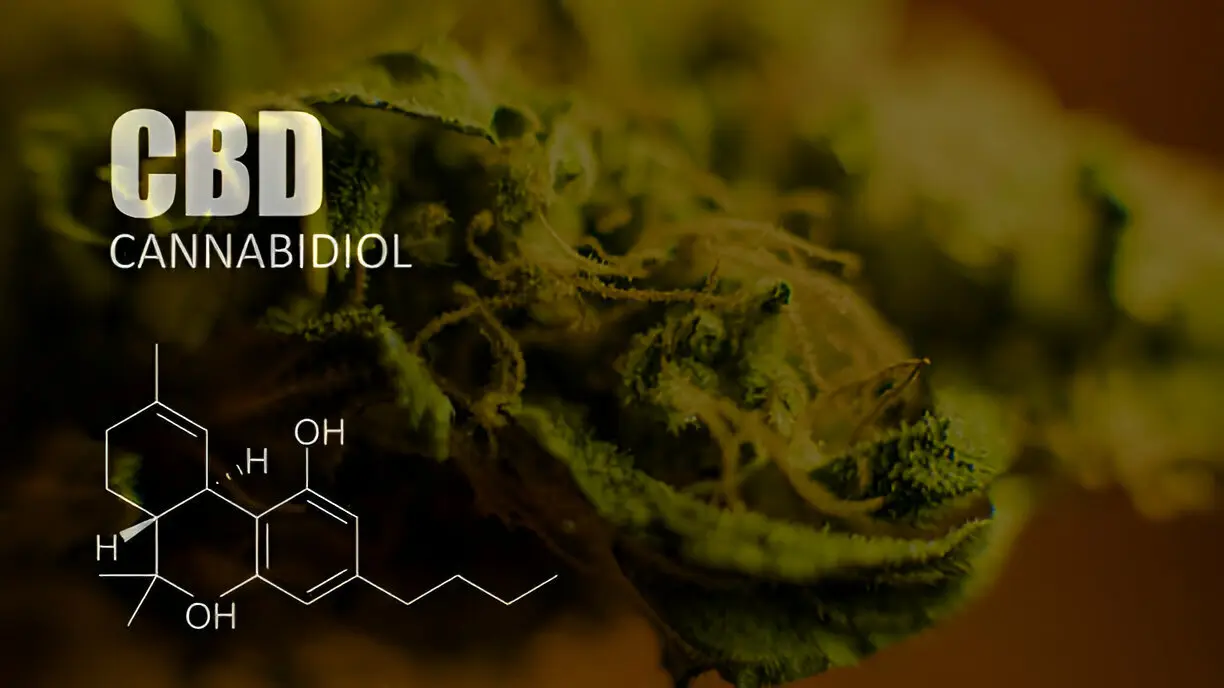
Cannabidiol (CBD), a non-psychoactive compound derived from the Cannabis sativa plant, has gained significant attention for its potential therapeutic benefits in treating various mental health disorders, particularly anxiety. As concerns grow over the side effects and dependency risks of conventional anti-anxiety medications such as benzodiazepines and SSRIs, researchers have been exploring safer, natural alternatives. CBD has emerged as a promising candidate based on findings from both pre-clinical and clinical studies. This article presents a concise synthesis of the current evidence regarding the use of CBD for anxiety treatment.
Pre-Clinical Evidence
Pre-clinical research, primarily involving animal models, has laid the foundation for understanding the mechanisms through which CBD may exert anxiolytic (anxiety-reducing) effects. Rodent studies have been instrumental in identifying how CBD interacts with various neurotransmitter systems, including serotonin (5-HT1A) receptors, GABA (gamma-aminobutyric acid) receptors, and the endocannabinoid system.
A commonly used model in pre-clinical studies is the Elevated Plus Maze (EPM), which tests anxiety-like behaviors in rodents. Multiple studies have shown that CBD administration leads to increased time spent in the open arms of the maze, suggesting reduced anxiety. Similar results have been observed in other models, such as the Vogel Conflict Test and the Light/Dark Box Test.
Mechanistically, CBD has been found to modulate serotonin transmission, particularly through 5-HT1A receptor agonism. This receptor is also targeted by several common anxiolytic drugs, lending credibility to the idea that CBD could act in a similar but more natural way. Additionally, CBD inhibits the reuptake and breakdown of anandamide, an endocannabinoid known to influence mood and stress responses.
In pre-clinical studies, the effects of CBD followed a bell-shaped dose-response curve, where moderate doses were more effective than very low or high doses. This finding is crucial for designing human trials and developing dosage guidelines.
Clinical Evidence
While pre-clinical data is promising, translating these results into human treatment protocols requires robust clinical evidence. Fortunately, an increasing number of clinical trials have begun to confirm cbd gummies for anxiety properties in human populations.
One of the most cited studies is a double-blind, randomized trial conducted in 2011, in which individuals with Social Anxiety Disorder (SAD) were given either CBD (600 mg) or a placebo before a simulated public speaking test. Participants who received CBD reported significantly reduced anxiety, cognitive impairment, and discomfort during their speech compared to those given a placebo.
Another study in 2019 evaluated the effects of CBD on sleep and anxiety in a clinical population. Over 70 adults diagnosed with anxiety or poor sleep were given 25 to 75 mg of CBD daily. After one month, 79% of the patients reported decreased anxiety scores. Importantly, CBD was well tolerated, with minimal side effects such as fatigue and mild sedation.
In a more recent 2020 trial, researchers assessed CBD’s effect on teenagers with Social Anxiety Disorder and autism spectrum disorder. Results showed that CBD significantly reduced anxiety symptoms and improved functioning in social environments. Such findings not only support the anxiolytic role of CBD but also suggest its potential in treating comorbid conditions.
Although these results are encouraging, limitations remain. Sample sizes in most trials have been small, and the long-term effects of CBD use are still largely unknown. Moreover, dosing inconsistencies and variability in CBD formulations (full-spectrum vs. isolate) make it difficult to establish standardized treatment protocols.
Safety and Tolerability
One of CBD’s strongest advantages over traditional anxiolytics is its safety profile. The World Health Organization (WHO) has stated that CBD is generally well-tolerated, with a good safety record and no significant potential for abuse or dependence. Most reported side effects, including fatigue, dry mouth, and changes in appetite, are mild and transient.
CBD also lacks the intoxicating effects of THC, making it more appealing for patients seeking therapeutic benefits without the “high” associated with cannabis. Unlike benzodiazepines, CBD does not carry a risk of withdrawal or overdose when taken at therapeutic levels, which is a critical factor for long-term treatment.
Challenges and Future Directions
Despite the growing body of evidence, several challenges remain before CBD can be fully integrated into mainstream anxiety treatment. Regulatory frameworks for CBD vary widely across countries, impacting availability and quality control. In the U.S., for instance, over-the-counter CBD products are not consistently regulated, leading to issues with purity and dosage accuracy.
Furthermore, more large-scale, placebo-controlled studies are needed to confirm CBD’s efficacy across different types of anxiety disorders, including Generalized Anxiety Disorder (GAD), Panic Disorder, and Post-Traumatic Stress Disorder (PTSD). Researchers also need to explore optimal dosing strategies, delivery methods (e.g., oil, capsules, edibles), and possible drug interactions.
Another promising area of exploration is the use of CBD in combination with other natural anxiolytics or standard treatments, potentially allowing for dose reduction and minimizing side effects of traditional medications.
Conclusion
The current synthesis of pre-clinical and clinical data suggests that cannabidiol holds considerable promise as a natural, well-tolerated treatment for anxiety. Rodent models and early human trials support its ability to reduce anxiety symptoms, particularly through its interaction with serotonin and endocannabinoid systems. While more research is needed to fully understand long-term effects and establish standardized dosing protocols, CBD may represent a safe and effective alternative to conventional anxiety medications for many individuals. As interest continues to grow, future research will likely solidify CBD’s place in the therapeutic landscape for anxiety and related disorders.
Also Read-Multiple Face Swap: AI Face Swap Video Technology’s Future